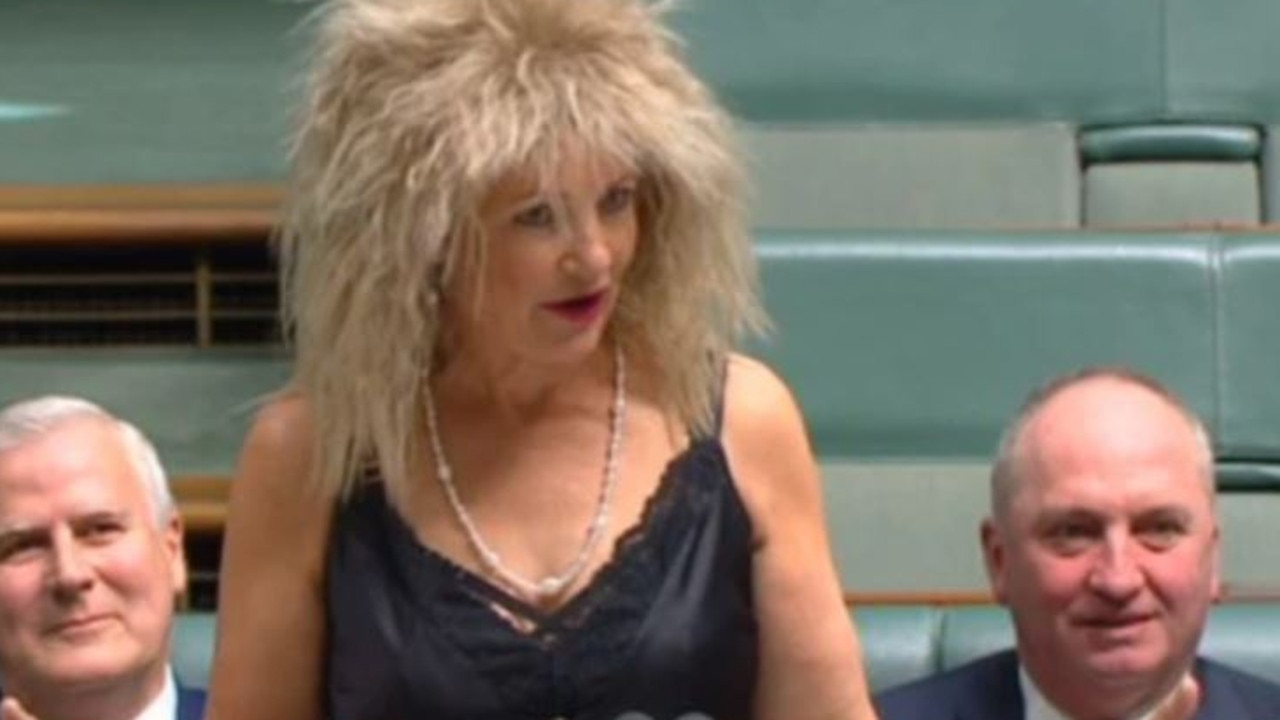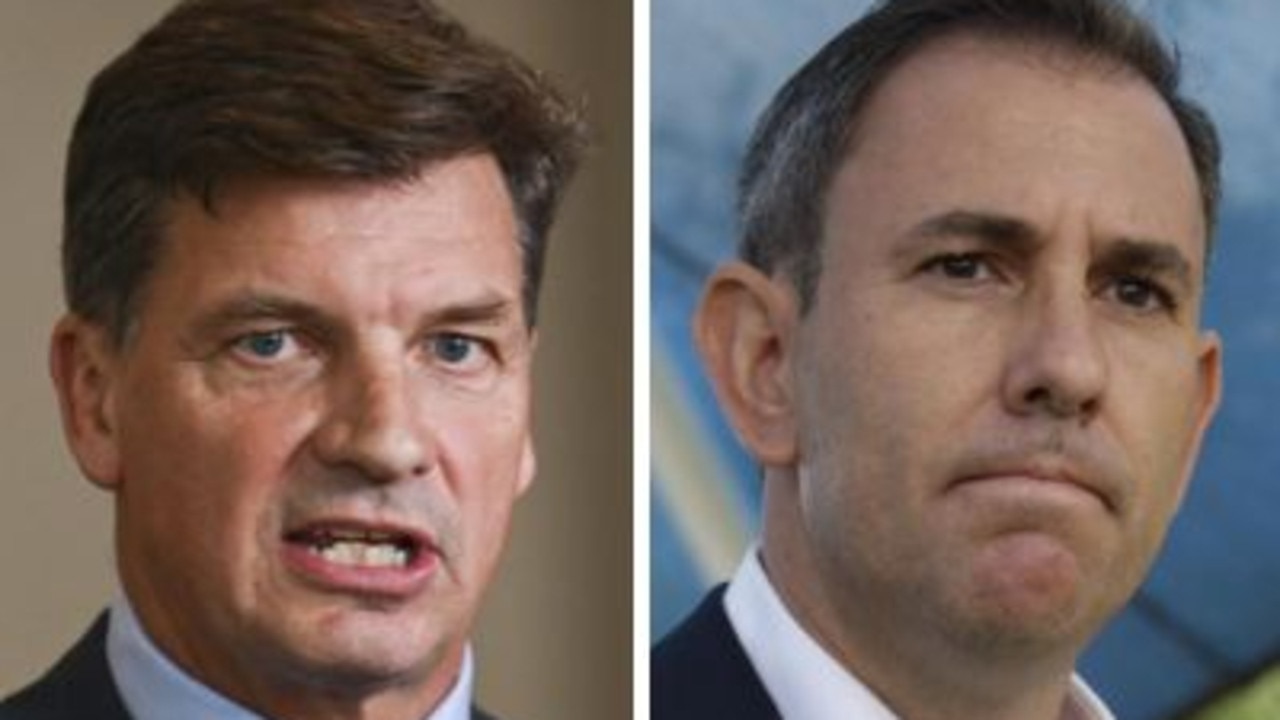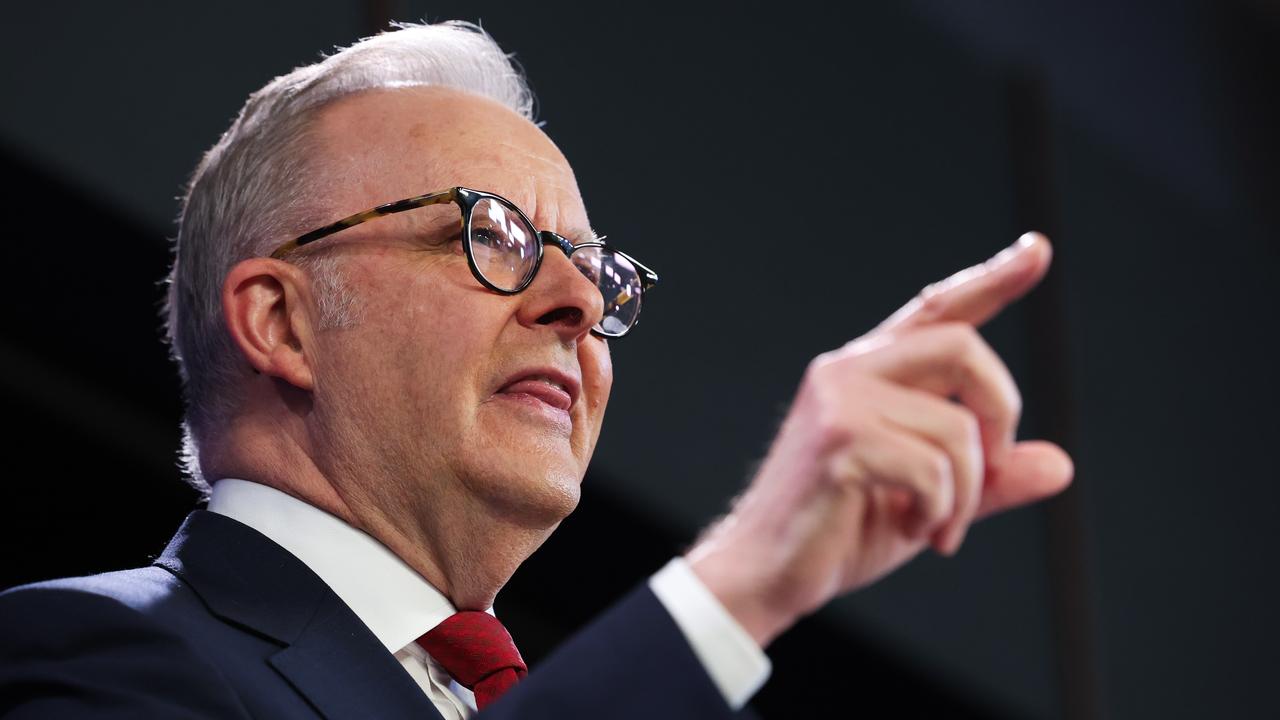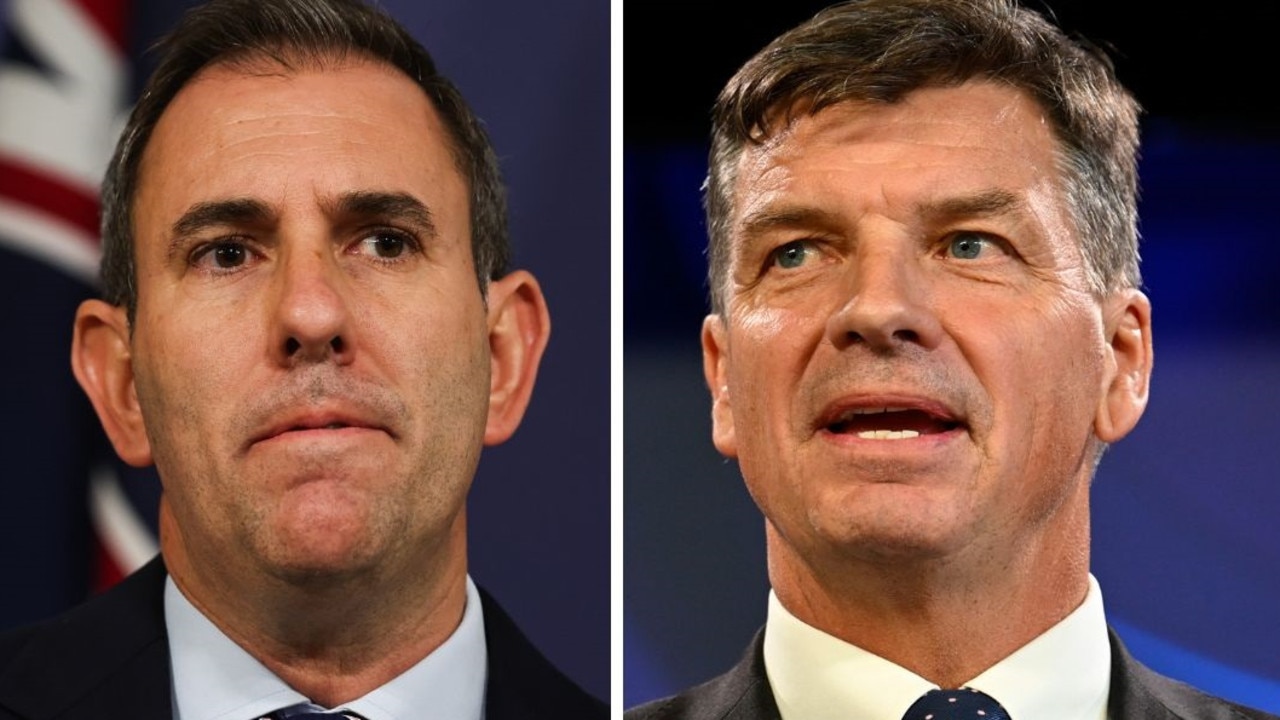Ray Martin: It’s not racist, it’s the conversation we have to have
TONY Abbott’s ‘lifestyle choices’ gaffe doesn’t make him a racist, Ray Martin says. He’s actually started a conversation that we really need to have.
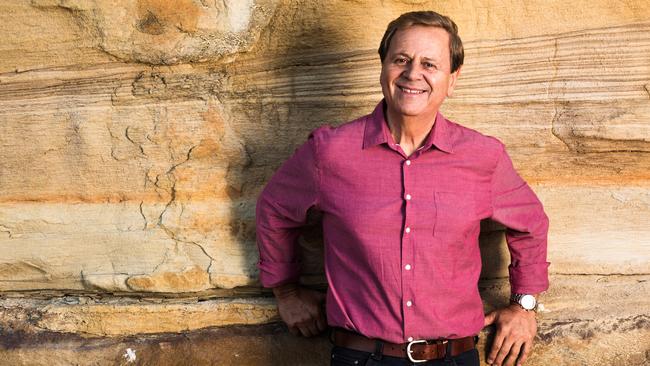
Fed Budget
Don't miss out on the headlines from Fed Budget. Followed categories will be added to My News.
I SAW a sign last month out the front of the pub at Wauchope, down the road from Tennant Creek.
“SEX” — it screams.
Then in smaller type:
“Now I have your attention — No Shirt, No Shoes, No Service.”
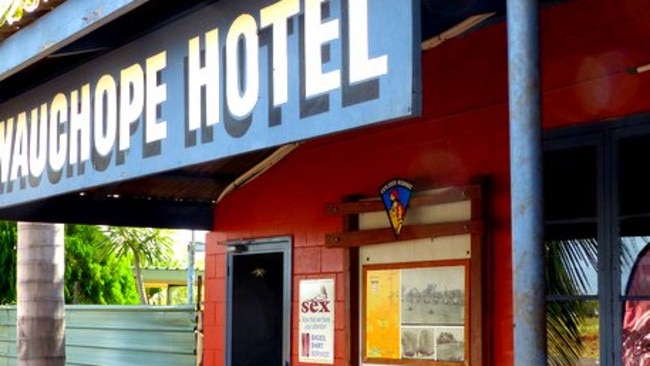
TONY ABBOTT IS A RACIST.
Right, now I have your attention.
It’s simply not true, despite all the hate accusations to that Effect from The Greens and others recently.
The Prime Minister is not a racist. Far from it.
Tony Abbott probably understands more of the shameful reality of these Aboriginal communities than any PM in our history.
He’s been going out to towns and remote communities for years — often without cameras or fanfare — in an attempt to comprehend what Sir William Deane once called “ the festering sore of Australian society”.
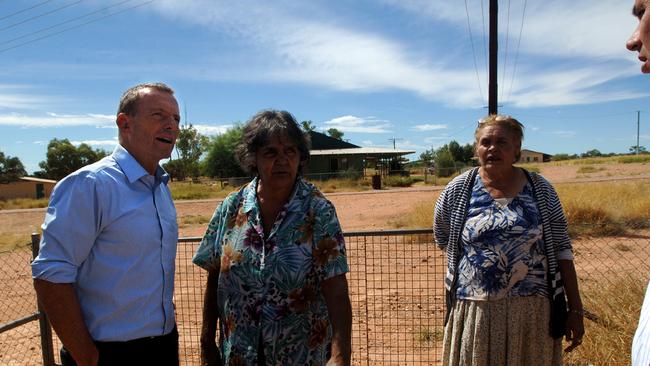
So, Tony’s got no excuse because he knows the appalling problems of disadvantage that face indigenous Australians.
Yet midway through its first term the Abbott government has come up with no new strategy for ‘closing the gap’. No new policies.
That doesn’t make him a racist. It just makes him neglectful.
Tony Abbott knows that for many, if not most who live in remote Australia, it’s not a ‘lifestyle choice’. That was just another Tony Abbott ‘foot-in-mouth’ gaffe. He’s a serial offender.
Abbott knows indigenous people live in these out-of-the-way spots because they have a spiritual connection with the land. They may be needed to care for a family member; they may be disabled or destitute; it may be where their mob was herded by governments, mining and pastoral companies years ago.
Or maybe staying in community is simply their last hope of proving native title.
These are hardly ‘lifestyle choices’. But, it doesn’t make Tony Abbott a racist.
Still, by his lazy ‘lifestyle choices’ comment — whether he meant to or not — the PM has kickstarted the debate we must have about these shocking remote camps.
How many of these three hundred plus isolated outback and desert communities are viable — economically or socially or morally? How do we provide health care, housing and basic services like water, electricity and garbage collection to twenty people living in these red-dirt slums? Or two hundred people?
Forget about providing jobs, there just aren’t any.
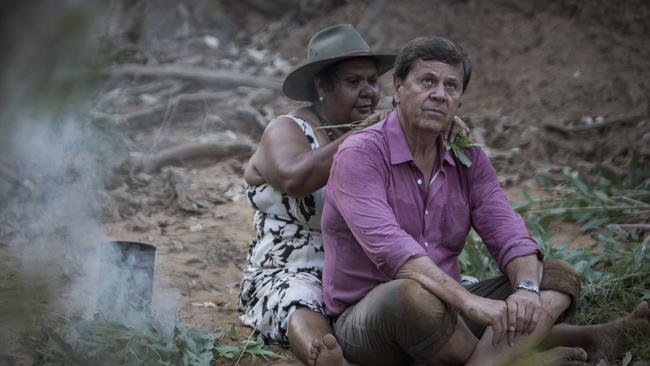
But, most important of all in this debate, how do we give indigenous children an education and a healthy chance at life? How do we break this cycle of aimless poverty? It’s certainly not a ‘lifestyle choice’ for children.
Anybody who seriously defends these isolated, empty places as some kind of a quasi ‘nursery’ for the preservation of culture and language — as one or two prominent aboriginal leaders have suggested in recent days — is playing politics, ignoring the stark reality of the outback.
There’s a weird throwback to the ‘noble savage’ myth about this argument.
The truth is too many of these places are wracked with poverty, violence, solvent-sniffing and booze.
I am not suggesting that all of these communities are dysfunctional.
But, too many of them are. Just pay a visit to some of these sad-eyed places.
There’s not much joy or laughter.
There’s rampant diabetes with widespread renal failure requiring dialysis, everywhere people with amputated limbs, chronic hearing loss, Third World diseases like crusted scabies and now the epidemic of mental illness, led by the impact of acquired brain injury due to the cerebral impacts of alcohol, petrol, glue, deodorant and trauma. Let alone the impact of foetal alcohol syndrome disorder — said to afflict maybe every third baby in the East Kimberley and even worse in the Barkley region of the Northern Territory.
It’s time for a sensible public debate.
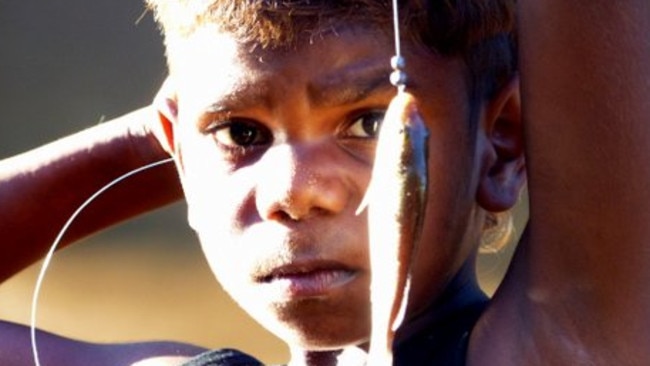
Look a little further down the track. What happens when the National Disability Insurance Scheme is rolled out nationally, with its bipartisan support in Federal Parliament. Then disabled indigenous people in remote communities will be entitled to doctors, nurses, psychologists, physiotherapists, podiatrists, occupational therapists and speech pathologists. Healthcare workers will need to be flown in and out at public expense — because there’s no accommodation or public safety in remote communities and there is no recruitment incentive to entice such health workers to become embedded in these communities.
The NDIS is already guesstimated to cost twenty nine billion dollars within a decade. Minister Scott Morrison knows it will blow out beyond that. The current budget doesn’t even factor in housing, which is outrageously expensive in the outback and offshore island communities.
How can you truly offer restoration of community function to a disabled person without decent accommodation and the prospect of employment?
It’s not ‘racist’ or ‘offensive’ or ‘insulting’ or ‘flippant’ or ‘hopeless’ — all epithets flung at Tony Abbott in the past week — to ask who is going to pay for this?
At a recent meeting in Alice Springs, a NSW University preliminary report was presented in which we were told that the cost of arrest, hospital, repatriation and providing welfare for one young indigenous woman, “Rosey”, was in excess of five million dollars.
That’s just one brain-damaged and deeply troubled woman that NDIS or community systems will properly have to take care of for another twenty years.
Maybe longer.
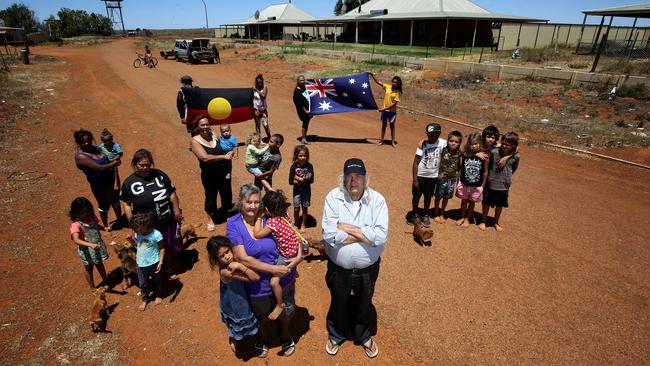
Remote communities may not be viable, but if WA Premier Colin Barnett and others get their way what do we do with the ten or fifteen thousand indigenous people who will be removed from remote camps and settlements?
There’s simply no infrastructure to accommodate thousands more displaced people in already overcrowded — often violent — centres like Alice Springs, Broome, Kalgoorlie or Katherine. Hospital, welfare and justice systems are already overloaded, bursting at the seams. Housing is a pathetic joke.
If Barnett is allowed to close 150 remote camps there’ll be even more desperate, disadvantaged fringe dwellers and ‘long grassers’ camped out around the country, in unforgiving places like the sands of the Todd River.
More drinking, more abuse, more children missing out on life.
So, what do we do? Like most things about indigenous affairs there’s no easy answer, no formula, no silver bullet. As always, the problems seem intractable, mired in factional politics, guilt and money.
When Charlie Perkins took over as the first indigenous head of Federal Aboriginal Affairs in the 1980s he told me the budget was ‘about a billion dollars’. Today it’s more than four billion, but the gap isn’t narrowing.
It will inevitably cost vast amounts of taxpayers’ funds to build the housing and welfare infrastructure we don’t have — maybe even more than the Federal Government spends today on keeping people in their communities.
But.
Professor Fred Hollows — the legendary eye doctor who understood black fellas better than any white fella I ever met — used to say “The alternative is to do nothing. And that’s simply not an alternative.”
We must have a serious public debate about the future of these forgotten indigenous communities, without all the hatred and abuse and misinformation.
If only for the kids.
Ray Martin AM was a 10-year member the Council for Aboriginal Reconciliation; Chairman of The Fred Hollows Foundation; Chairman of the Australian Indigenous Education Foundation; Patron of the Aboriginal Jobs Strategy and was awarded his Order of Australia for longstanding work with indigenous Australians.
Originally published as Ray Martin: It’s not racist, it’s the conversation we have to have

